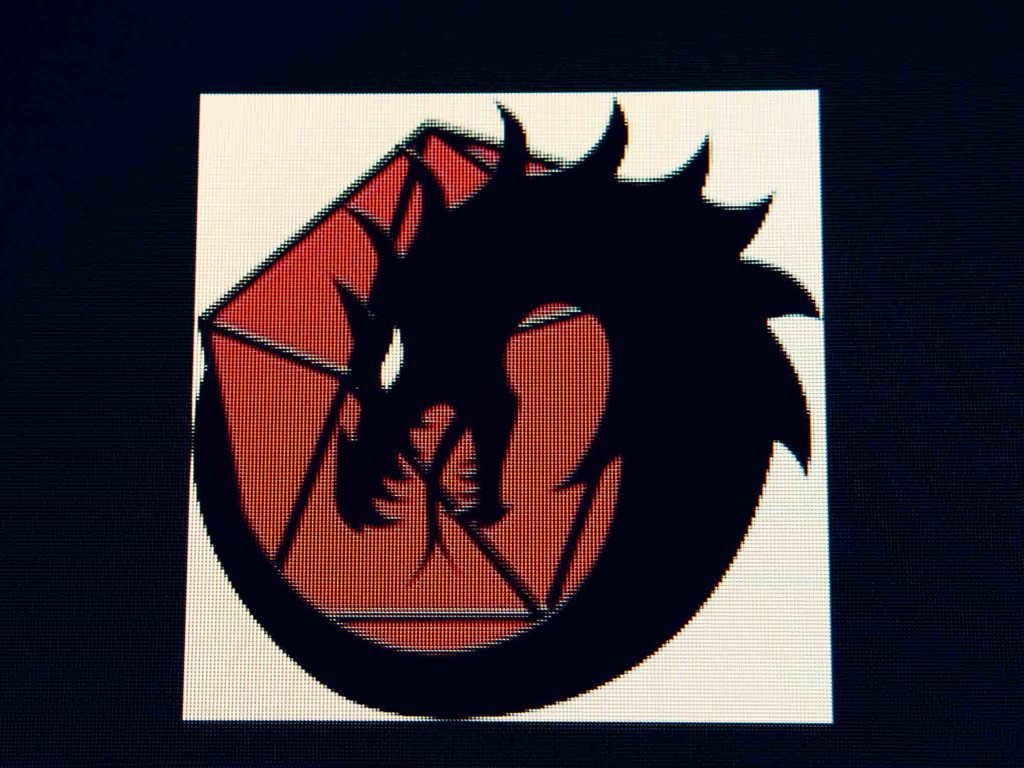The Brock Westmarches Club brings together storytelling, improv, worldbuilding, character creation and more in the role-playing fantasy game Dungeons & Dragons.
With the hit Netflix series Stranger Things becoming the cultural phenomenon that it now is, many will be familiar with the concept behind and themes within Dungeons & Dragons (D&D).
For those who are not familiar, D&D is a tabletop role-playing game where players create characters for themselves, and then act out those characters as they embark on adventures curated by a Dungeon Master (DM). Characters can level up, form bonds with other characters, acquire weapons and even die.
Brock students with no experience or years of it can explore the game at the Brock Westmarches Club, run by Jack Campbell, the club’s president; Kevin/Cassidy, the club’s vice-president; and the club’s four other Game Masters (GM).
D&D is usually a self-contained game with a group of four to six characters playing out a story, or a campaign, created by a DM. However, with the Brock Westmarches Club being as large as it is—having 151 members on ExperienceBU—they use a style of campaign called ‘West Marches,’ hence the club’s name.
“People come to the club, they make a character at level one and then that character is injected into a world that [the GMs] run,” said Jack. “There’s a town called Guildtown, all the adventurers live there, and then we run sessions as someone’s posted a ‘help wanted’ notice on the bulletin board [and] your character goes and signs up.”
The six Game Masters oversee the grand narrative—which culminates in a large-scale battle at the end of the year—but any club member can act as a Dungeon Master and create a campaign set in the wider world of the club. There’s a limit of one quest per week for each player, but club members can go on as many or as few quests as they’d like aside from that. Some club members do one every week, whereas others only do one in a month, or even one in a semester.
“Each person has one character that they play, but if they choose to retire that character or that character ends up dying on a quest… they can make a new character,” said Cassidy/Kevin. Some members like to make a new character every year, but Jack, for example, played the same character for four years.
Character death can be an untimely and emotional affair. The club has recently been trying to implement policies that prevent hurt emotions, such as danger ratings on quests, but as Kevin explains, “there’s an understanding that your character could die” either way. “D&D is telling a story and death is a part of it,” said Jack.
This lack of knowing may seem scary, but it’s one of the main facets of the game. A set of dice is used to add an element of randomness to any campaign, meaning neither the players nor the DM knows exactly how it’s going to turn out. Jack knows a saying, that “the dice like to tell a story that’s not always the one you want to tell.” Sometimes death is a part of that randomness, but it’s all in the name of fun.
The Brock Westmarches Club holds several events every year, the most recurring ones being workshops relating to various aspects of the game. Two have been held thus far, an improv/role-playing/character creation workshop and a Dungeon Master workshop. Essentially, these events “help give people more experience in the realm of Dungeons & Dragons,” said Jack.
The club also holds two yearly events: Guild Day and a charity livestream. Guild Day is a mid-year “wrap-up… just before [Fall] exams” where the club plays D&D-themed games. “[It’s] an excuse for all of us to get together as a group,” said Jack. Most of the time, in-person meetings are relegated to campaign groups of four to six.
The charity livestream is a 24-hour Twitch stream run through Extra Life, where members and non-members come together to play pre-published D&D adventures. “It often ends up being very silly,” said Kevin/Cassidy. Last year, the club raised around $4,500 for the McMaster Children’s Hospital.
Dungeons & Dragons is different from traditional storytelling because “it is a collaborative game,” said Cassidy/Kevin. “The players have agency, and those players can affect the story.” A presented villain, for example, may be defeated or redeemed, depending on who is playing at that given moment. It is a reactive game, with DMs or GMs reacting to the players and vice versa.
Club members can also take their stories in whatever direction they want. It is broadly a fantasy world, but stories can delve into steampunk or cosmic horror, introduce portals to entirely different lands and more. The club’s Discord is where all the community activities happen, including quest postings, role-playing channels and additional resources for both the club’s world and tabletop gaming in general.
If this all seems like a lot, Kevin/Cassidy ensured that new players need not worry. “We are very new-player friendly. There’s a lot of people who have never touched D&D before joining this club.” A prime example is Jack, the current president, who only began playing in the club five years ago.
“There’s a lot of people in it that are very willing to help people learn,” said Jack.
While D&D is usually very small scale, the Brock Westmarches Club is a place where newcomers can learn the game, veterans can explore a sprawling world and everyone can have a good time. It’s a big club, but as Jack explained, “[D&D] always runs better when you’re friends with people.”

